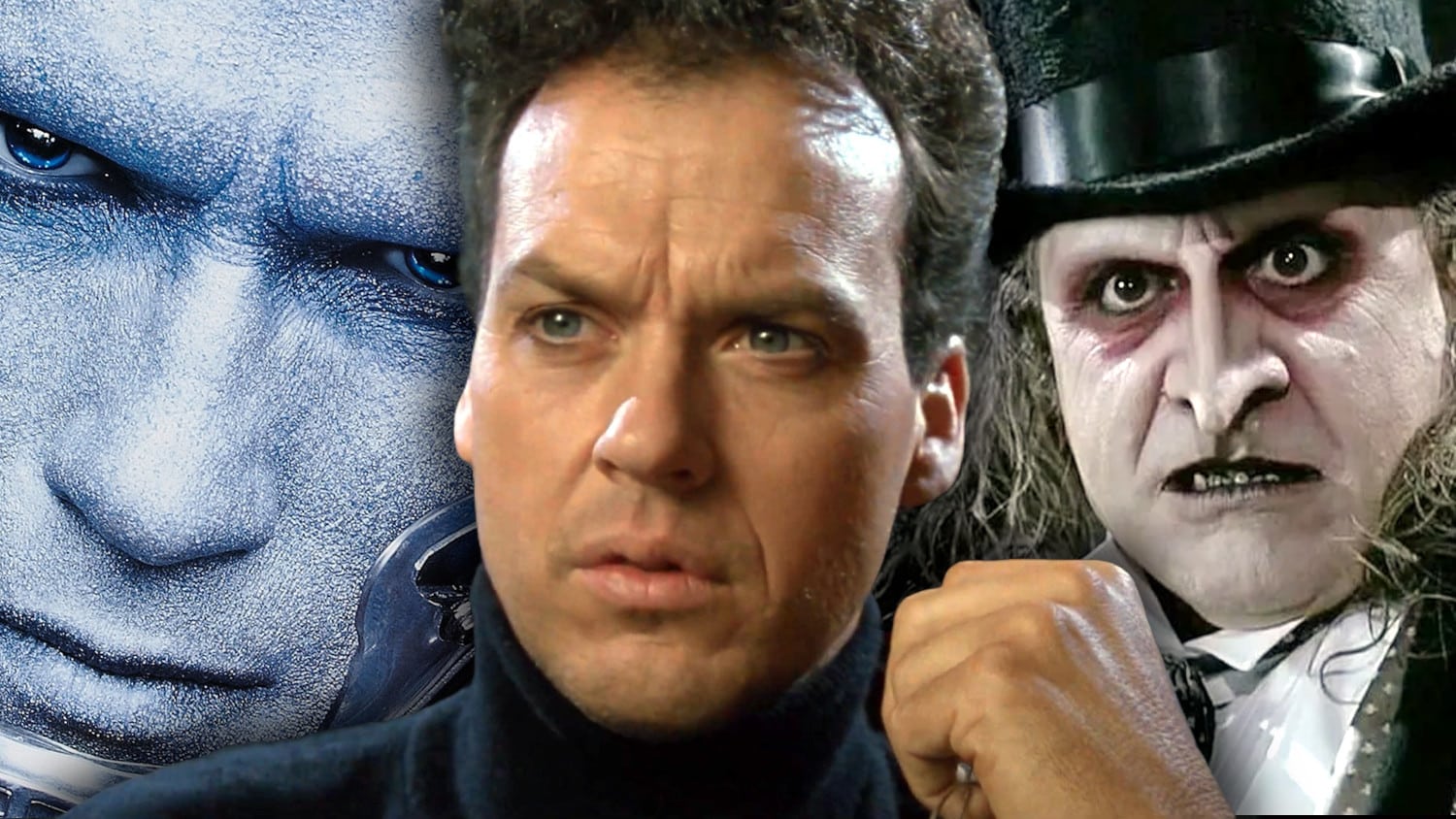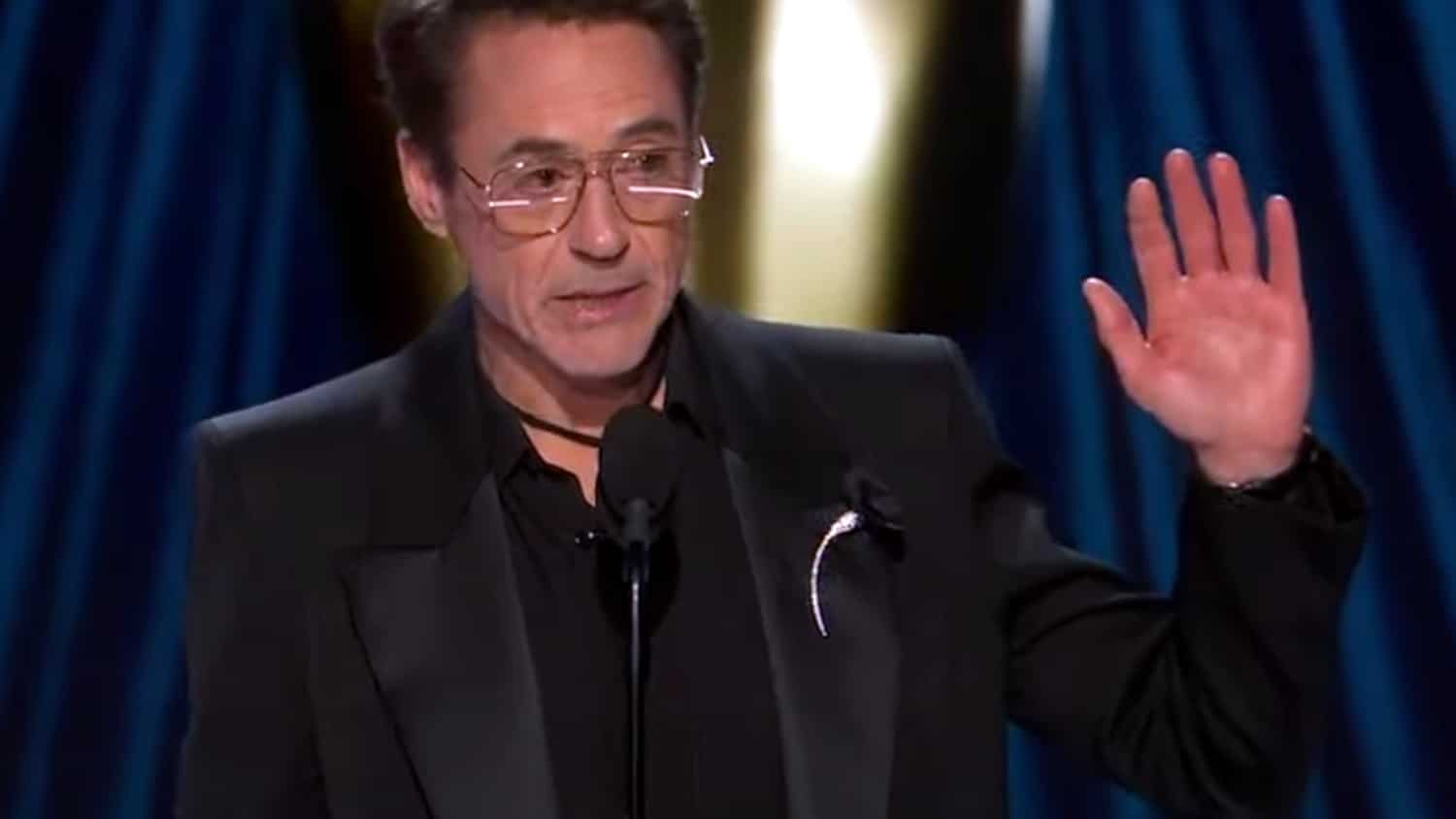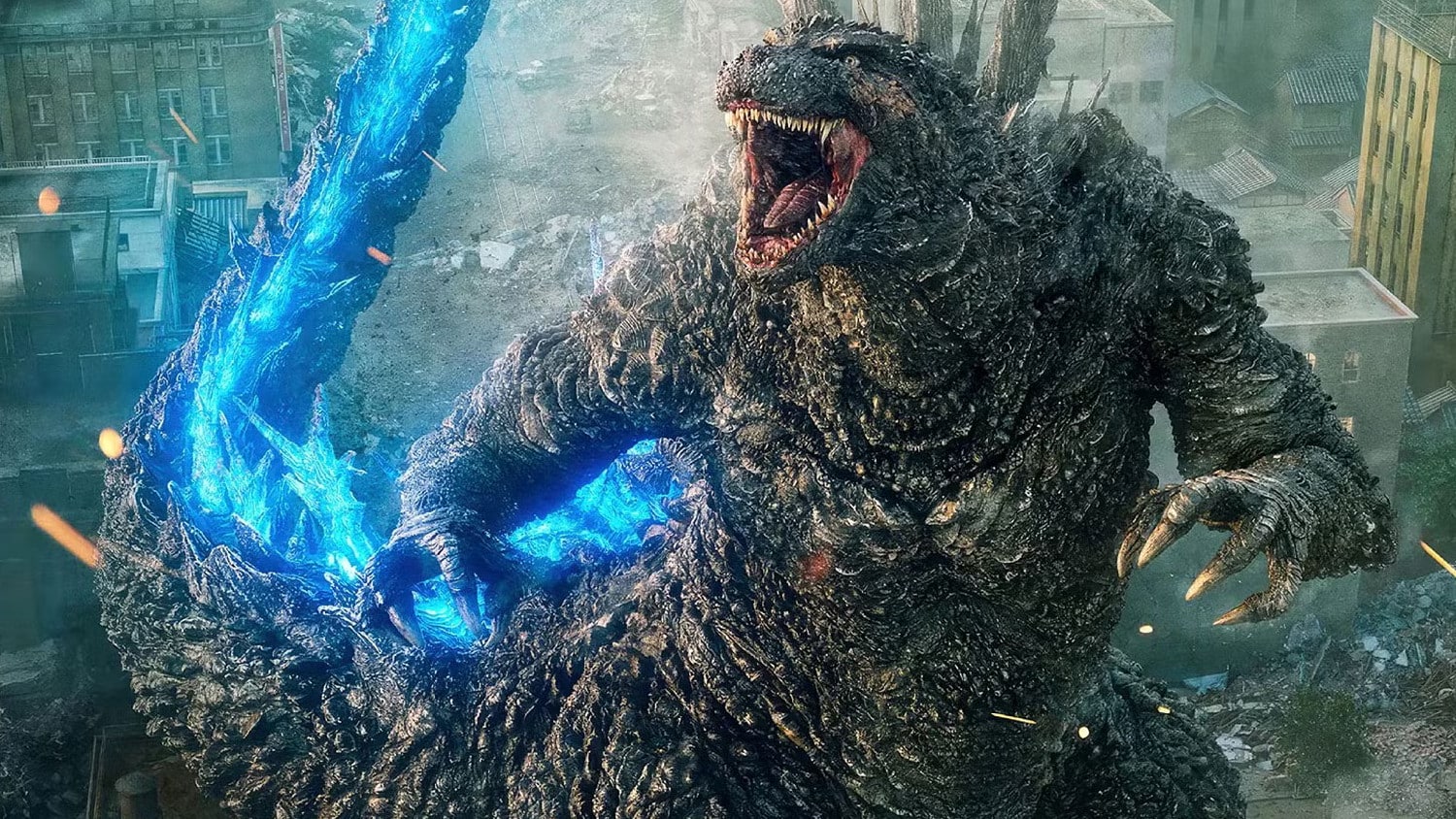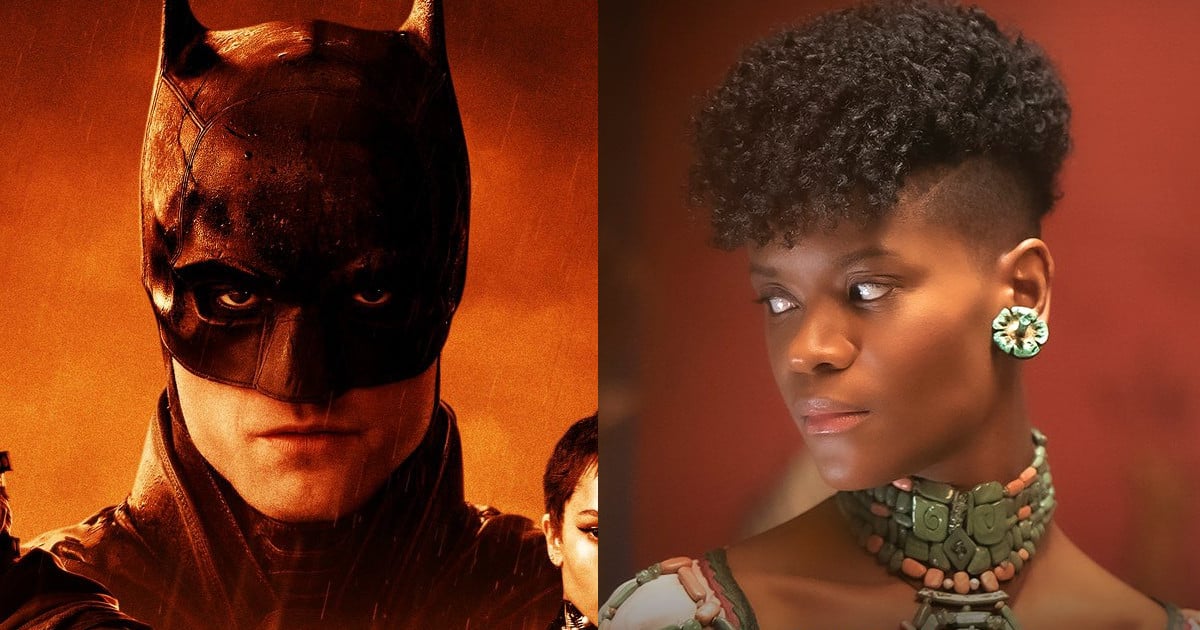[[wysiwyg_imageupload:18796:]]
War. War Never Changes.
It is Now; Always Has Been and Always Will Be Hell.
A Film Review of American Sniper
American Sniper, directed by Clint Eastwood, is a work of fiction despite being based on true events as described by the “American Sniper” himself, Chris Kyle, in his autobiography. Characters will be treated as characters in this review, and any commentary regarding individuals does not refer to their real life counterparts. The very real issues regarding modern warfare and society will be commented upon and taken as seriously as the film itself presents them. I have not read Kyle’s autobiography so I will not comment on screenwriter Jason Hall’s reported “loose” adaptation of a book about someone else’s personal observations of their own life. This film uses the iconic status of Chris Kyle as the deadliest sniper in American history to make some important commentary regarding any war’s effect on any soldier (even exceptional ones) and their families. No soldier is immune from the harmful touch of war; not even “The Legend.”
The concept of “the hero” is as important to military recruiters as it is to movie makers as this film certainly lays the groundwork early for establishing Kyle as a gifted warrior for the sake of good (the sheep dog) and continues to build his “Achillean” altruism at various moments describing how he transitioned from civilian to soldier. Hawks will love how this story makes the motivation for the soldier and potential soldier simple and uncompromising. Someone sees something on the news or reads something online and it becomes personal, so much so that anger inspires vengeance and that leads to enlistment. Such is the case for Kyle as his journey to weaponize himself in SEAL training is insanely difficult, but despite the adversity, he stares it down with another signature of the classic hero: a never give up, never surrender code of conduct. But this screen story doesn’t sell out completely by romanticizing Kyle as the golden calf that belongs on everyone’s altar of American glory. Every sequence where “The Legend,” Chris Kyle, aces terrorists in Iraq is followed up by “Lesser than the Legend,” Chris Kyle as he struggles to keep it together back home in between tours. He’s despondent, disinterested, paranoid and losing every personal connection he has to his family. This is the kind of balance that Doves would appreciate because as simple as the motives and rationale may be for going to war, the psychological fallout of such an experience is layered with complexity. Kyle isn’t the sharp, charismatic, collected and concerned warrior/brother he was in Iraq. He’s a man that has seen and done horrific things and slapping labels like “patriotism” and “freedom” to cover it up becomes a less and less effective means of compartmentalizing.
Still, this film favors the heroic Chris Kyle overall because it isn’t concerned with being critical of war as much as it is about being critical about how war changes soldiers. It’s a shame that Eastwood did not take a more significant moment to make some commentary regarding an important part in the process of a soldier returning to civilian life whether it is permanent or in between multiple tours: psychological debriefing. Every soldier goes through this process to some extent when coming home and most people don’t know much about it. Soldiers who obviously needed more critical attention and therapy are the ones who come back and beat their wives, shoot their friends or commit suicide. If we are to take this country’s less than stellar record regarding the physical care of its veterans as a measuring stick, one can presume that the resources available for helping soldiers work out the psychological hell they went through is equally lacking. Chris Kyle is clearly depicted as a soldier who would have greatly benefited from more thorough debriefing, but this classic hero is capable of willful, self-healing as he gives back by helping other wounded and maimed warriors of the VA. Please note: This is not an easy, sure-fire fix that works for every soldier.
Despite this film being a drama, it shows off a number of expertly shot and visually satisfying action segments. The film begins with a number of tension building sniper sequences where Kyle stalks his prey through a magnified scope which are quite adept at allowing the audience to identify with Kyle’s inner turmoil over taking human life, especially for the first time. However, the audience will not be kept in the bell tower for the duration of the film as Kyle gets down and dirty on the ground floor with Marines charged with clearing buildings, one of the most dangerous jobs for soldiers in an urban warfare environment. Gunplay sequences are procedural, but acute, demonstrative and indicative of films more strictly devoted to explosions and body counts. I won’t go so far as to say this film could teach the likes of Black Hawk Down a few lessons, but it certainly gets across the lethality of Navy SEALs as well as the contemporary American soldier in general.
Most of the cast puts forth very adequate performances to support the main character’s evolution and journey. Sienna Miller as Taya delivers every wife of a soldier’s worst nightmare regarding the safety and return of their husbands from the brink of disaster. However, this film makes no mistake regarding the singularity of its focus and it is all about Chris Kyle, or rather Bradley Cooper as Chris Kyle. Cooper undergoes a significant physical transformation favoring a wider and buffer frame than the trim and defined body type he regularly sports. He assimilates a Texan accent with acceptable fluency and does not break for the film’s duration. As physical as Cooper is in his embodiment of Chris Kyle, it is his facial expressions that sell his performance. The audience shares in Kyle’s horror at watching the Towers fall on the news. We grate our teeth in his determination to become a SEAL. We hold our breaths before he pulls the trigger. And we are completely lost when he is unable to reconnect to anything real in his civilian life. Bradley Cooper is an actor who has developed a reputation for really getting into and emotionally selling out his characters with consistency, reliability and superiority. His interpretation of Chris Kyle is no different. Whether “The Legend” is as close to “the reality” this film presents, Cooper’s Chris Kyle is a sympathetic character whose devotion to his personal mission of protecting his brothers in arms is as admirable as his complete disregard for his own family stateside is deplorable. This is where Cooper’s acumen really shines through because he’s as devoted to showing a man being disintegrated by war as he is at producing G.I. Joe. Bradley Cooper is every bit as classic as any other Hollywood leading man in history and his performance in American Sniper is a continued testament to that fact.
Clint Eastwood may be turning 85 years old this year, but his ability to direct a poignant and entertaining film is defying the physics of father time. I have enjoyed a number of the films he has directed, but this is easily my favorite. It’s got intellectual meat, visual eye candy and cultural significance. All these things combined make it the clear cut leader for Best Picture at the Academy Awards, right? Hold the phone. There’s still a ton of Indie love for the rest of the nominees and in an off year for Hollywood, it might be too much of a taboo for a big budget studio film to walk away with the gold, especially when most of the contenders in every category is being maligned for what one could describe as a vanilla sky of alternatives. American Sniper is not an easy film to watch because no matter how romanticized war can be, it’s still hell and this film has a number of absolutely gut-wrenching moments. A number of films this year are worthy of my personal recommendation, but few are as accessible as this one. Regardless of where your personal politics regarding the state of current American warfare stand, everyone can come together to acknowledge its brutal nature as well as its human cost.
![[page_title]](https://cosmicbook.news/wp-content/uploads/2022/08/cosmic-book-news-default-featured-image.webp)



